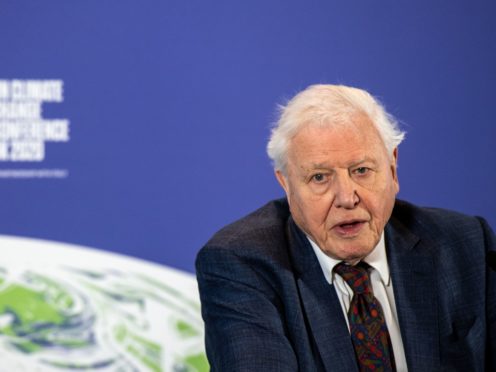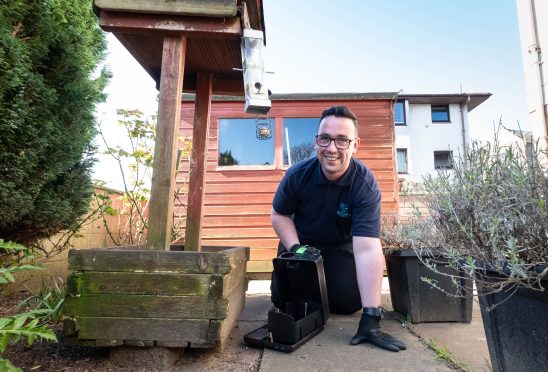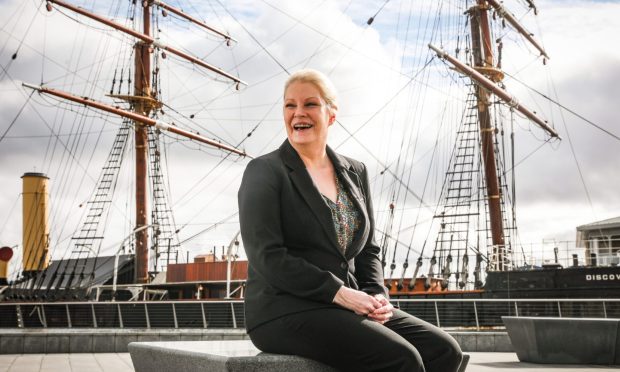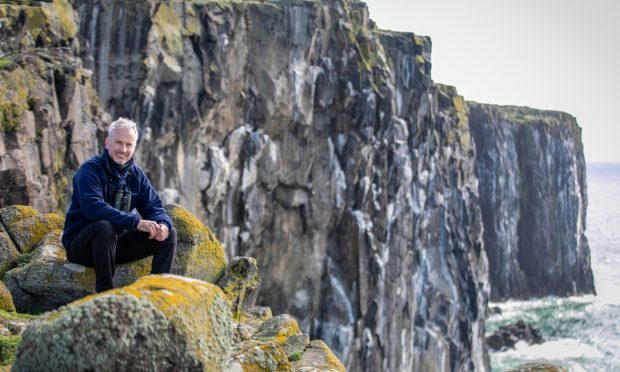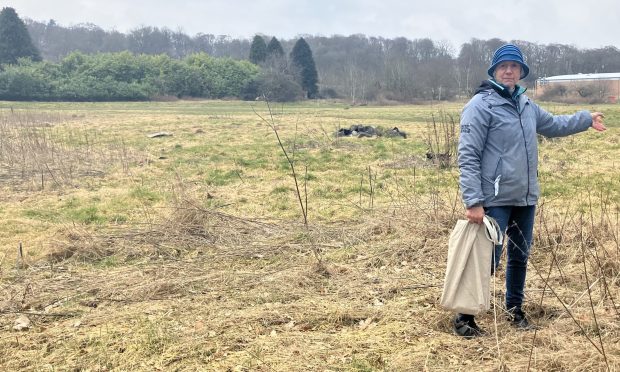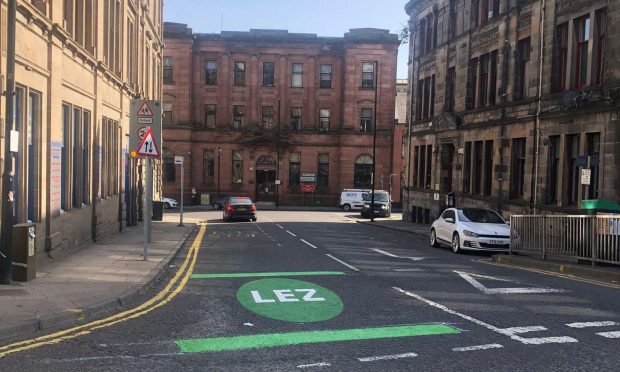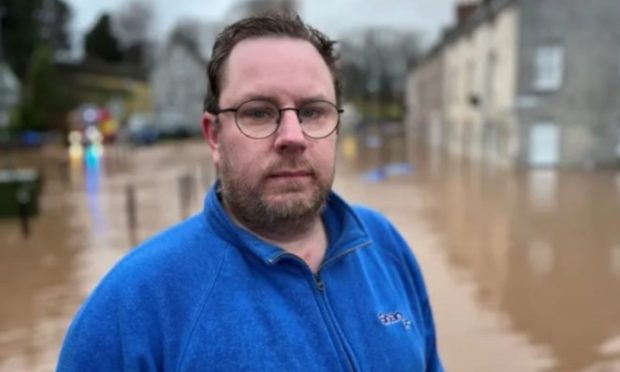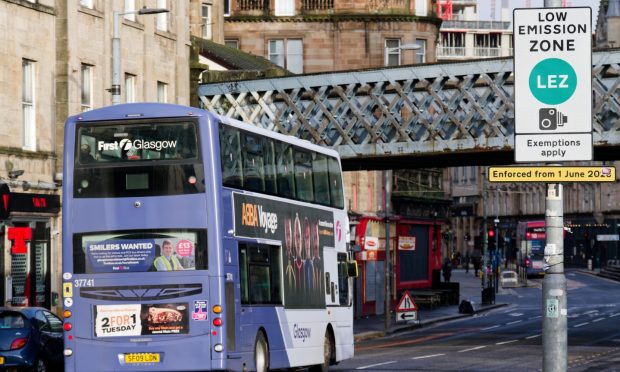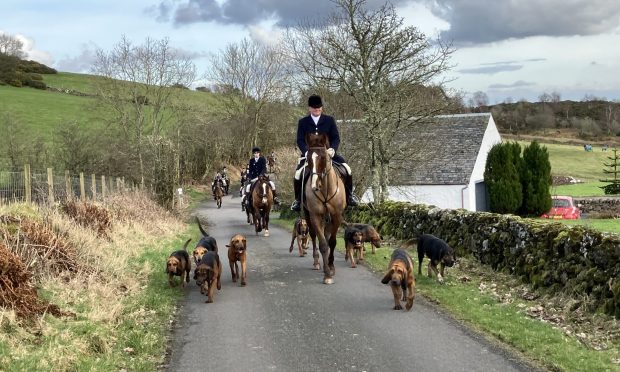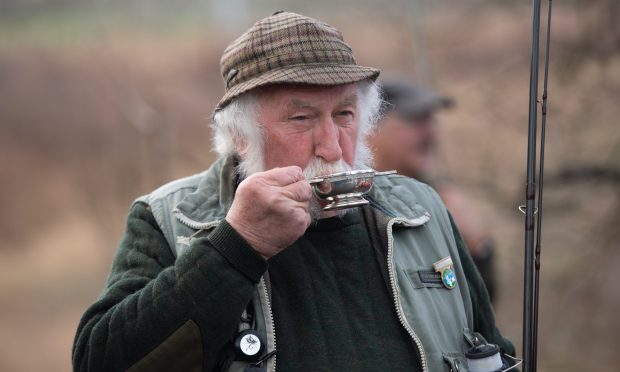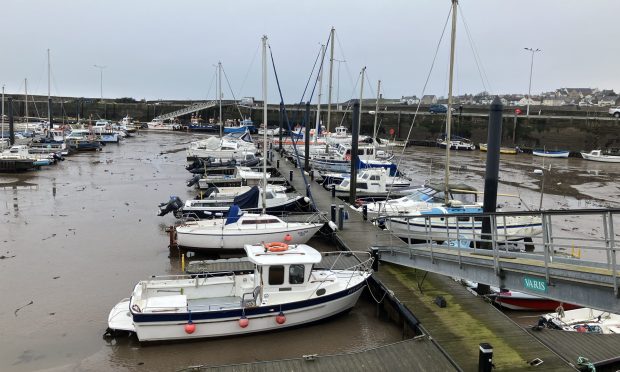Sir David Attenborough has warned that human beings are destroying themselves by destroying the natural world.
The naturalist and broadcaster has previously spoken of his concern that “people will take their eyes off the environmental issue” because of Covid-19.
Speaking on the new Call Of The Wild podcast with Cel Spellman, the 94-year-old said: “Human beings are all pervasive, everywhere … you can’t get away from human beings anymore.
Friends, I’ve been SO EXCITED to share this with you all. I’ve got a brand new podcast coming out with @wwf_uk ‘Call of the Wild’Conversation, education & storytelling play a crucial role in re-addressing our relationship with the natural world & its the heart of this podcast pic.twitter.com/jDT9lnkCgF
— Ceallach Spellman (@celspellman) February 11, 2021
“There are oil slicks and bits of plastic floating in the remotest part of the oceans. We have destroyed nature.
“We’ve been so clever that we’ve found methods and ways and techniques of actually destroying nature in order to put in what we choose, and we’ve done it without thought over vast areas of the planet as though the planet belonged only to us.
“We depend on the natural world for interests, for everything that’s beautiful and wonderful. But also we depend on it for every breath of air we take and every mouthful of food we eat.
“And if we damage the natural world, we are damaging ourselves. And we have been doing that without care for decades.”
He added: “The natural world is fantastic in its abilities to regenerate.
“Forty, 50 years ago there was a real chance that whales might be exterminated because we had such powerful ways of killing them, of finding the poor things and then shooting explosive harpoons into them and killing them. And we were doing it hand over fist.
“Nations were competing to see how many they killed until suddenly some, or a number of people, were saying ‘If we don’t stop this, there will be no more whales in the sea and then everybody would have lost everything’.
“And they got the whaling nations of the world, the maritime nations of the world, together and got them to bang their heads together – well, not bang their heads together – but they got them to agree that they would stop whaling. And now there are more whales that have been in the sea for a century.”
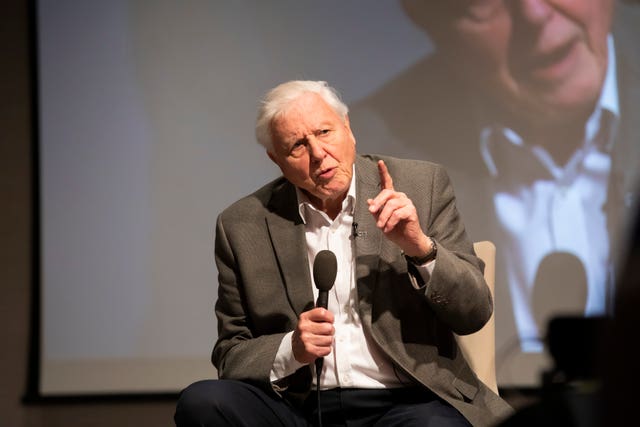
Asked for his tips on how to repair our relationship with nature, he said: “One of the simplest things that you should do if you get the chance, when you get the chance, is just naturally to stop. Sit down. Don’t move. Keep quiet. Wait 10 minutes. You’ll be very surprised if something pretty interesting didn’t happen within 10 minutes.
“Doing that in a woodland, if you haven’t done it, is extraordinary. Don’t get too impatient either.
“And then, speaking for myself, then you’ll realise how ignorant you are, how you can’t actually recognise what that birdcall is, which you ought to be able to, I certainly ought to be able to do.
“Mind you, I can’t hear either, my age, but, nonetheless, there are things to see and there are wonderful things to see and extraordinary things happen.
“The real time when it really is exciting to do that is if you do it in a place where you don’t know at all, I mean, you go into a jungle in the middle of Costa Rica or something, and then you suddenly see extraordinary things that you really don’t know anything about.”
– Sir David Attenborough is on Call Of The Wild with Cel Spellman and WWF on Apple, Spotify and all podcast providers.
